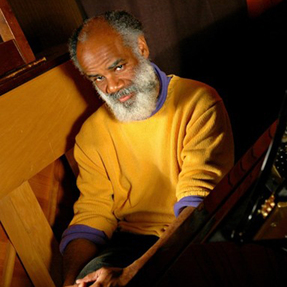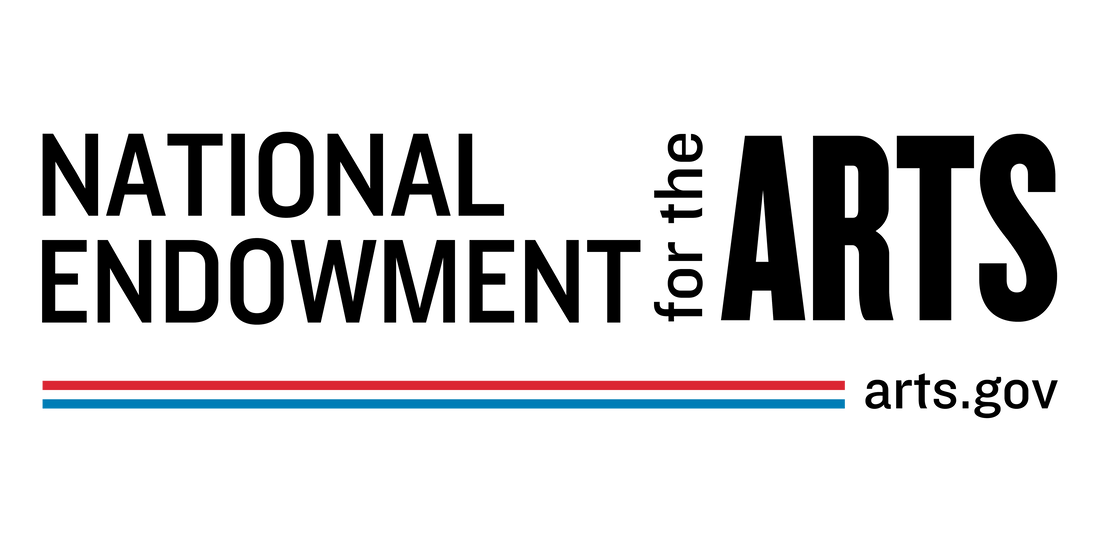|
BIBA is back from a summer hiatus, planning wonderful entries here, as well as a preparing for a FANTASTIC, giant new season for Castle of our Skins! The season kicks off with COOS's first ever portrait concert, featuring string works by the beloved composer Jeffrey Mumford! The concert, entitled a veil of liquid diamonds, will feature solo, duo, trio, and quartet works, and the composer will be in attendance for a Q&A after the performance. I (Anthony Green) recently got to speak to Jeffrey about music, life, and the future. Unfortunately the recording app that I downloaded did not do a very good job, and I cannot post the audio from the conversation here (which was my grand plan). However, I truncated the conversation, and scribed it for you all below. I hope you enjoy, and if you are in the Boston area on September 24th, PLEASE COME AND CHECK OUT COOS's a veil of liquid diamonds! Buy tickets : click here! BIBA: Hypothetical situation. I give you $1 million and 2 years. What piece would you compose? What would the instrumentation be? Approximate duration? Instrumental forces?
JM: I have longed wanted to write a double concerto for violin, cello, and orchestra, so that would be the piece. Right now, I am focusing a lot of my work on orchestral music, and I would love to get the opportunity to record it. My focus these days is to get these pieces on CD and out into the world, because – as you know – orchestral music can be very difficult and expensive to get out there. But that is one of my next priorities. I finished recently a concerto for cello and orchestra, in memory of my former teacher Elliot Carter, and I am now working on another concerto for violin and orchestra, a concerto for piano and large ensemble, and a concerto for cello and chamber orchestra. So, a double concerto for violin, cello, and orchestra would be what I would write, and then create a CD of all of these concerti. BIBA: That sounds like a fantastic project! I know that your repertoire does have lots of commissions from orchestras, but it also has lots of chamber music. What attracts you to the orchestral sound as a composer who also has quite a bit of chamber music? JM: Well, I love the colors and the possibilities of writing for an ensemble that produces such amazing layers and colors. Like a lot of composers, I love that the possibilities to write for the orchestra are endless, and one can create a beautiful fabric of sound. BIBA: How did you come into music, and when did you know that you wanted to be a composer? JM: I always had melodies running through my head. Perhaps from my past lives, but I certainly heard melodies. I started my studies as a painter, but one of my paintings was sabotaged during my sophomore year. Nevertheless, I graduated with a degree in Art, but I had focused on going to graduate school for composition. Fortunately I had the opportunity to study with Bernard Rands and Elliott Carter. BIBA: That is amazing. Do you still paint? JM: Unfortunately no, there is no time. BIBA: You mentioned that you studied with Elliott Carter. How was he as a teacher and what are some of the most valuable gems that he imparted upon you? JM: Actually, he was great. I remember one time during our studies, I was writing a violin concerto, and after the first performance I had some doubts. I will always remember what he told me. He said, “always create a window for the soloist”. After that, I thinned out some of the textures, and the second performance went so much better because I created these windows. BIBA: As a successful African-American composer, what words of encouragement and wisdom do you have for the upcoming generation of African-American and Black composers around the world? JM: I have been thinking about this in the context that, next month – in October, I was invited to be on the panel for a major conference hosted by the BBC entitled Diversity and Inclusion in Composition. Also one of the panelists will be Chi-Chi Nwanoku, a bassist who started the all-Black Chineke orchestra in the UK. So I have been thinking a lot about this issue, and I would say that one of the most important things is to do what you and Ashe are doing – creating networks, making friends, making connections, reaching out into the community, becoming a voice for change, garnering a very clear vision, and having alliances within the greater community. Stay true to your voice. Don’t let anyone tell you what is or what is not Black music. Anything that a Black person writes is automatically Black music.
0 Comments
Leave a Reply. |
Details
Writings, musings, photos, links, and videos about Black Artistry of ALL varieties!
Feel free to drop a comment or suggestion for posts! Archives
May 2024
|
Member Login
Black concert series and educational programs in Boston and beyond


 RSS Feed
RSS Feed










